Deck & Commander Strategies
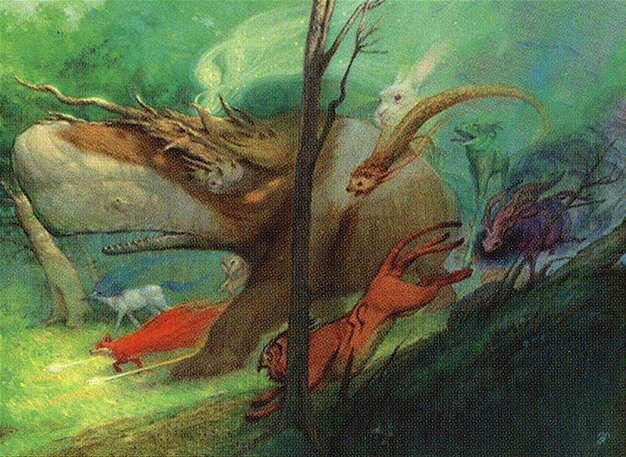
Horde of Notions
The deck strategy revolved around utilizing cards that cost under $1. The player aimed to maximize value from these inexpensive cards and out-value their opponents.
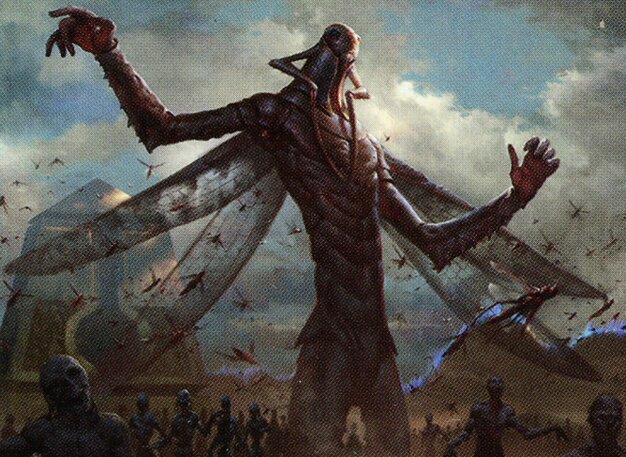
The Locust God
The deck leveraged The Locust God's ability to create tokens, aiming to swarm opponents with a large number of insects.
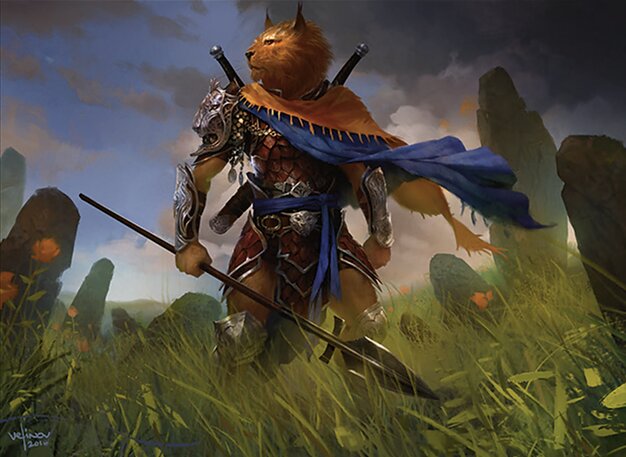
Balan, Wandering Knight
The player aimed to suit up Balan with various pieces of equipment, intending to deal huge amounts of damage in a Voltron-style approach.

Tatyova, Benthic Druid
The strategy involved playing a large number of lands and drawing cards, using Tatyova's ability to gain advantage and out-value the opponents.
Gameplay Insights
- 1
The game showed how inexpensive cards, when utilized correctly, can compete with more expensive ones as demonstrated by the Horde of Notions deck.
- 2
The Locust God player's token generation strategy was a significant pressure point in the game.
- 3
The Tatyova, Benthic Druid player's strategy of ramping up lands and drawing cards effectively led to their victory.
Notable Cards
-
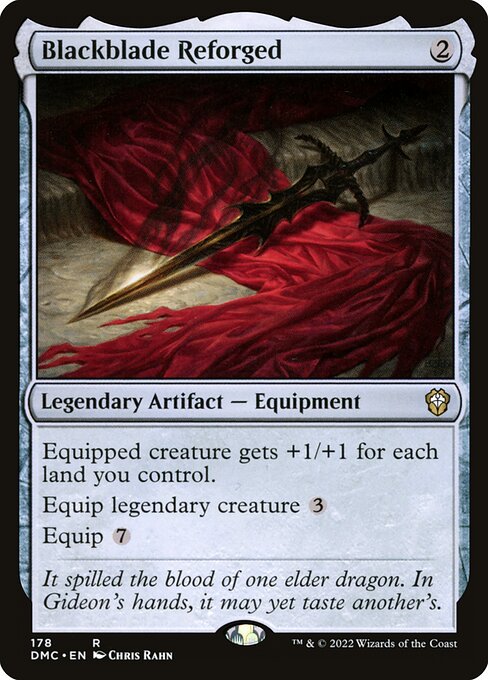
Blackblade Reforged
-
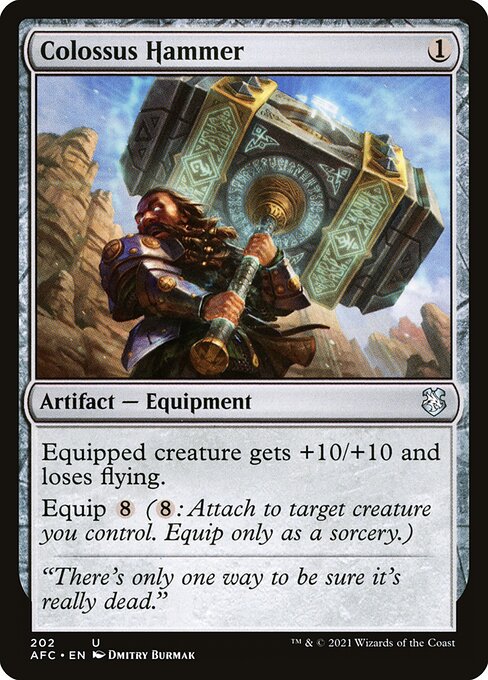
Colossus Hammer
-
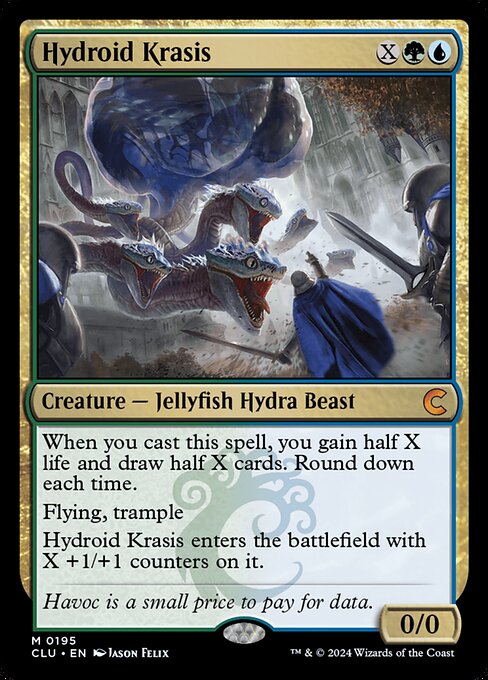
Hydroid Krasis
-

Cavalier of Thorns
-

Field of the Dead
-
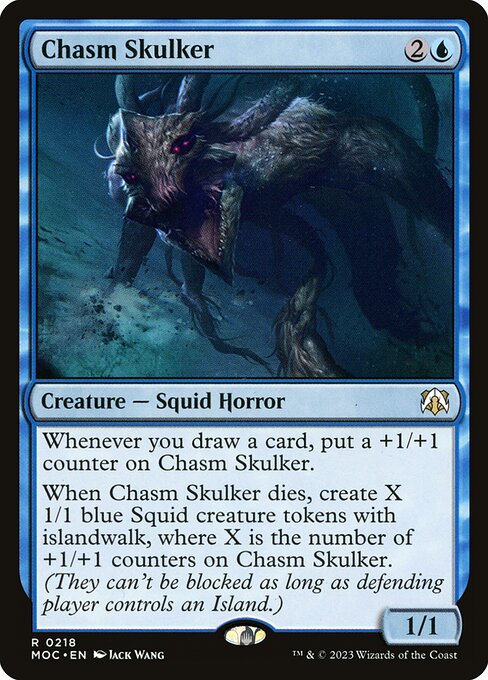
Chasm Skulker
Gameplay Summary
The game was a heated contest between decks led by Horde of Notions, The Locust God, Balan, Wandering Knight, and Tatyova, Benthic Druid.
A key turning point occurred when the player with the Horde of Notions deck, which was constructed with the limitation of each card costing under $1, managed to hold its own against the more expensive decks.
The Locust God player created a significant number of tokens, applying pressure to the other players.
Balan, Wandering Knight player tried to take advantage of the Voltron strategy, equipping Balan with a multitude of artifacts to deal massive damage.
However, the player wielding Tatyova, Benthic Druid, focused on ramping up lands and drawing cards for benefits, eventually leveraging this card advantage to secure the win.
![Commander VS S16E7: The Locust God VS Horde of Notions VS Tatyova VS Balan [EDH] thumbnail](https://i.ytimg.com/vi/yqrnU70Qx6I/maxresdefault.jpg)






![Commander Vs S2E1: Horde vs Cromat vs Atogatog vs Progenitus [MTG: Multiplayer] thumbnail](https://i.ytimg.com/vi/zeQvGYqjMGI/sddefault.jpg)



![Commander VS S14E1: Muldrotha VS Valduk VS Tatyova VS Arixmethes [EDH] thumbnail](https://i.ytimg.com/vi/N6grgj3VwDM/sddefault.jpg)


































